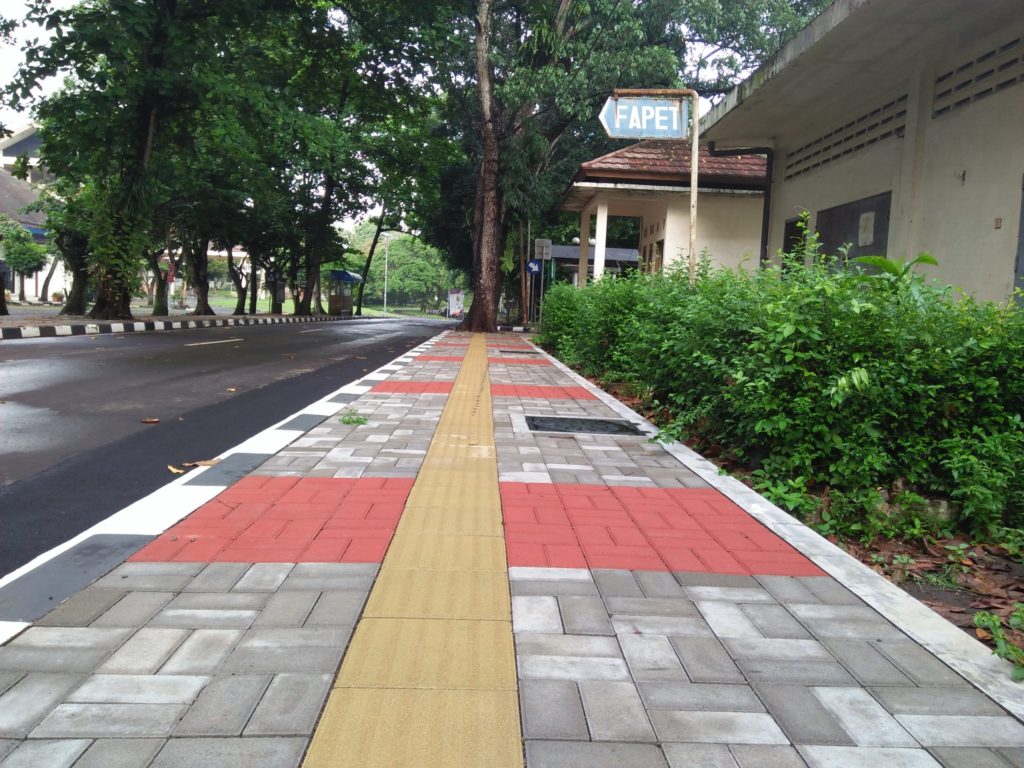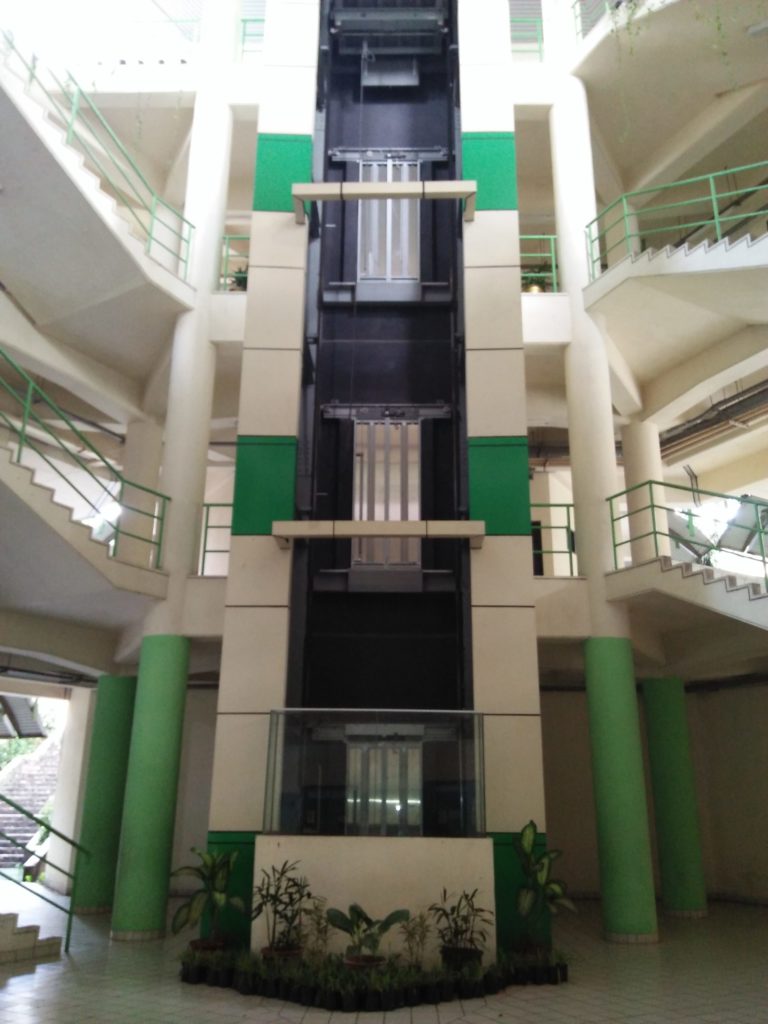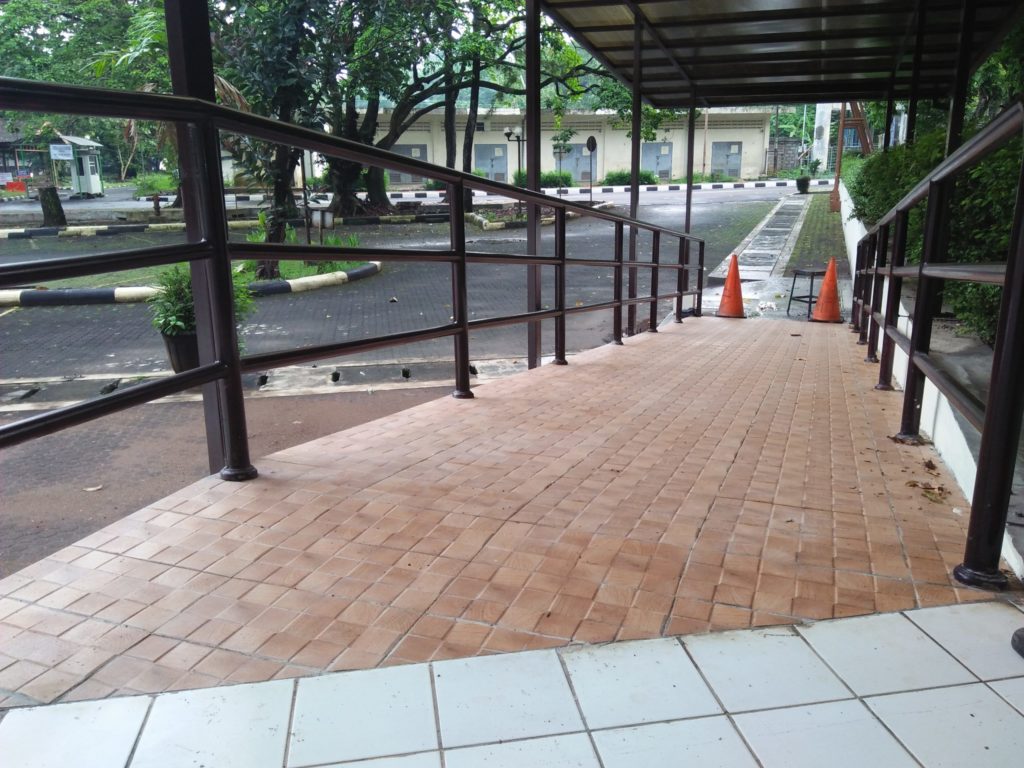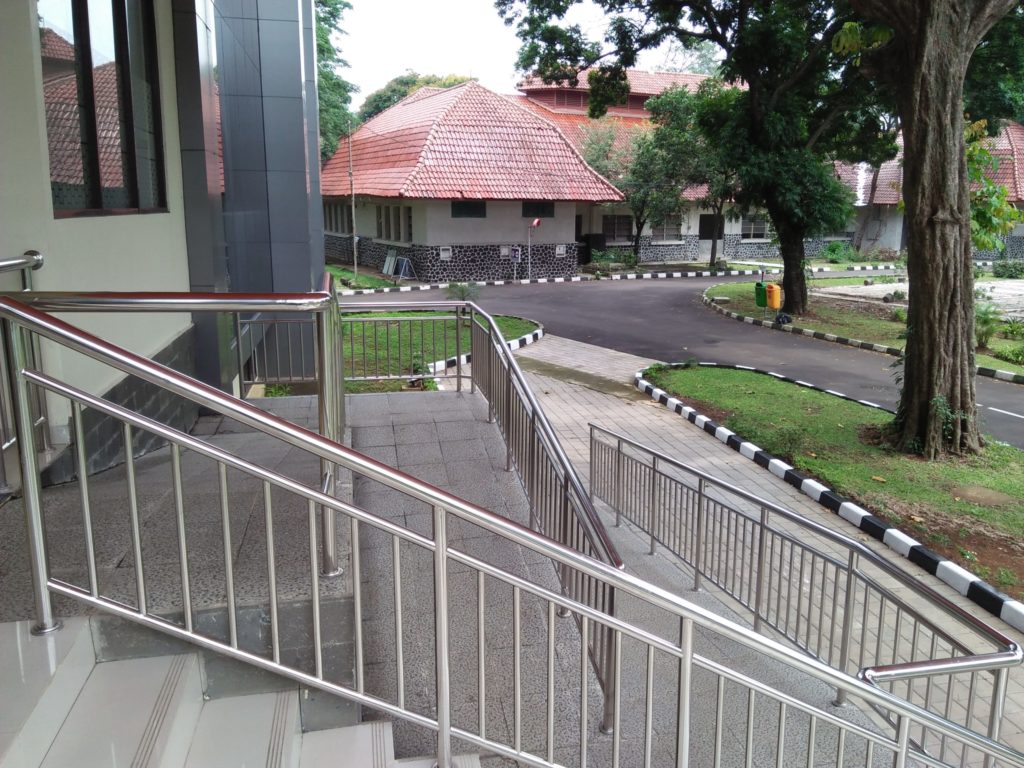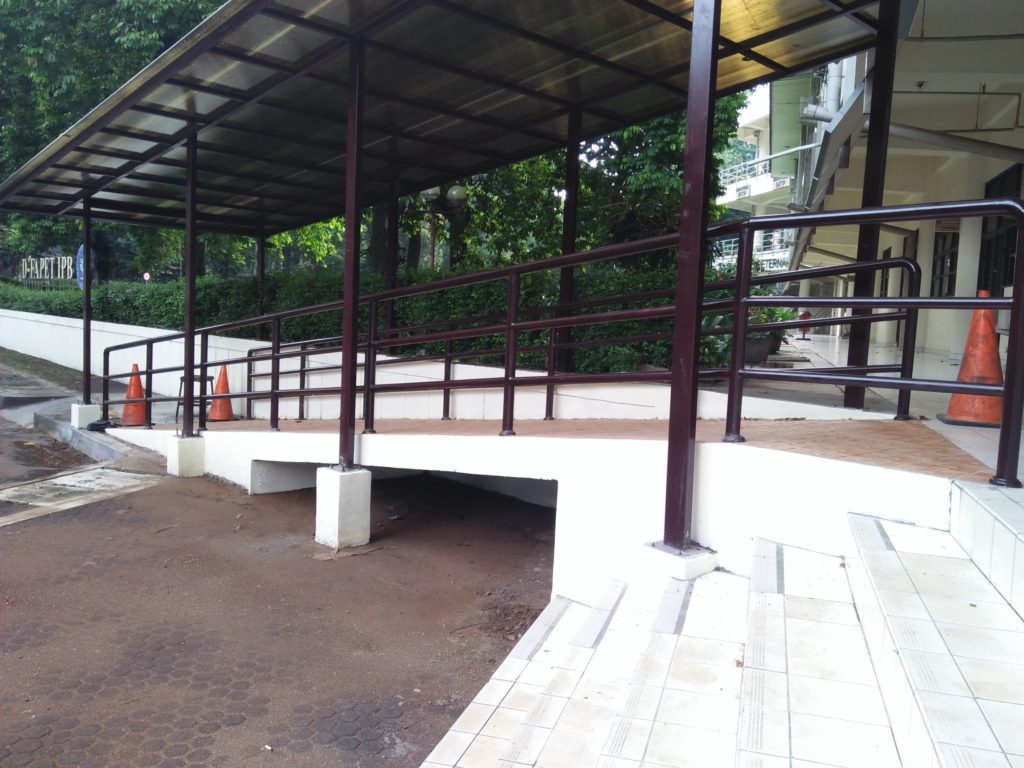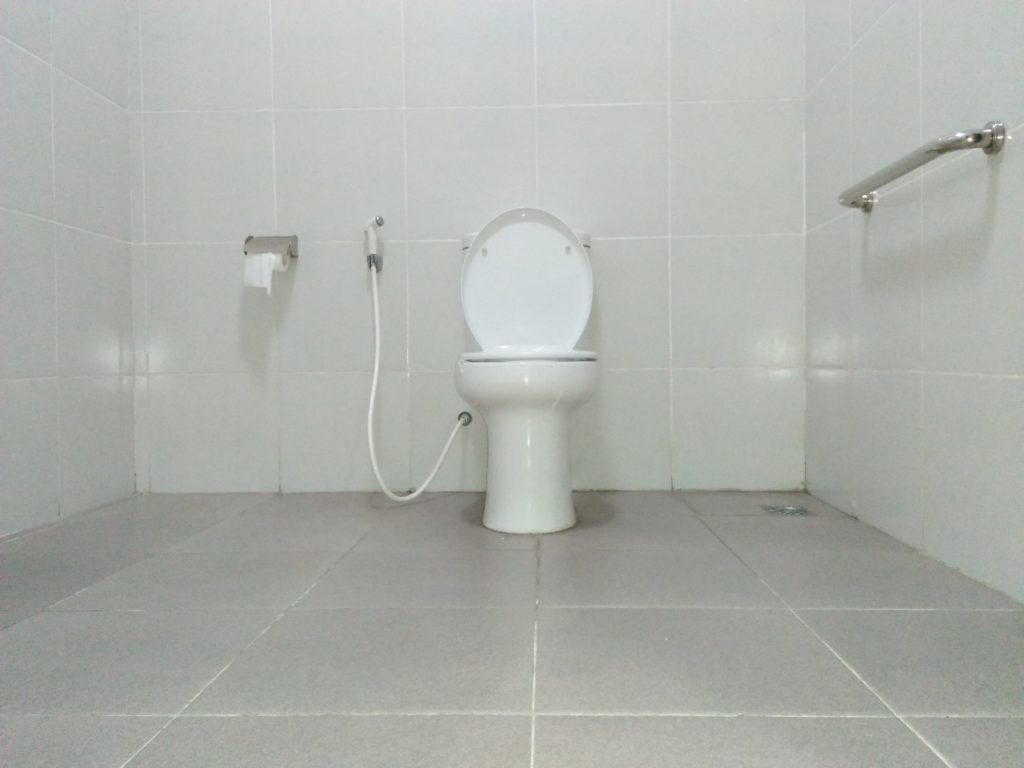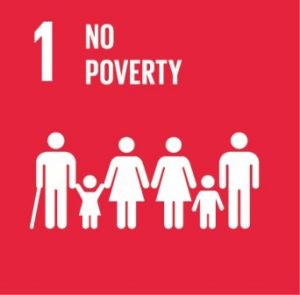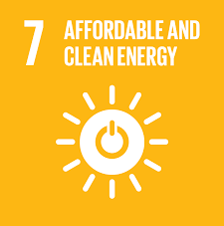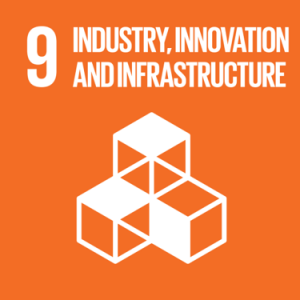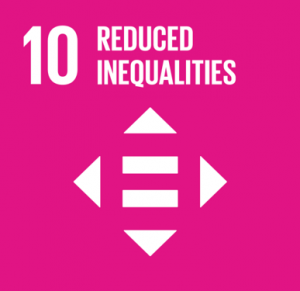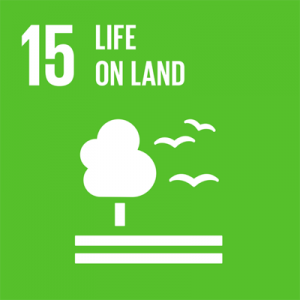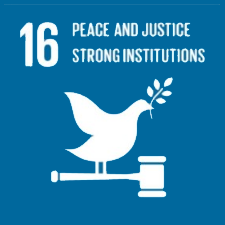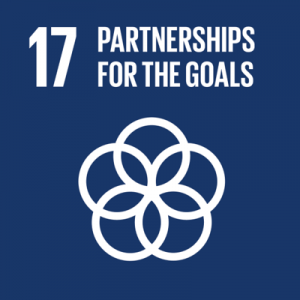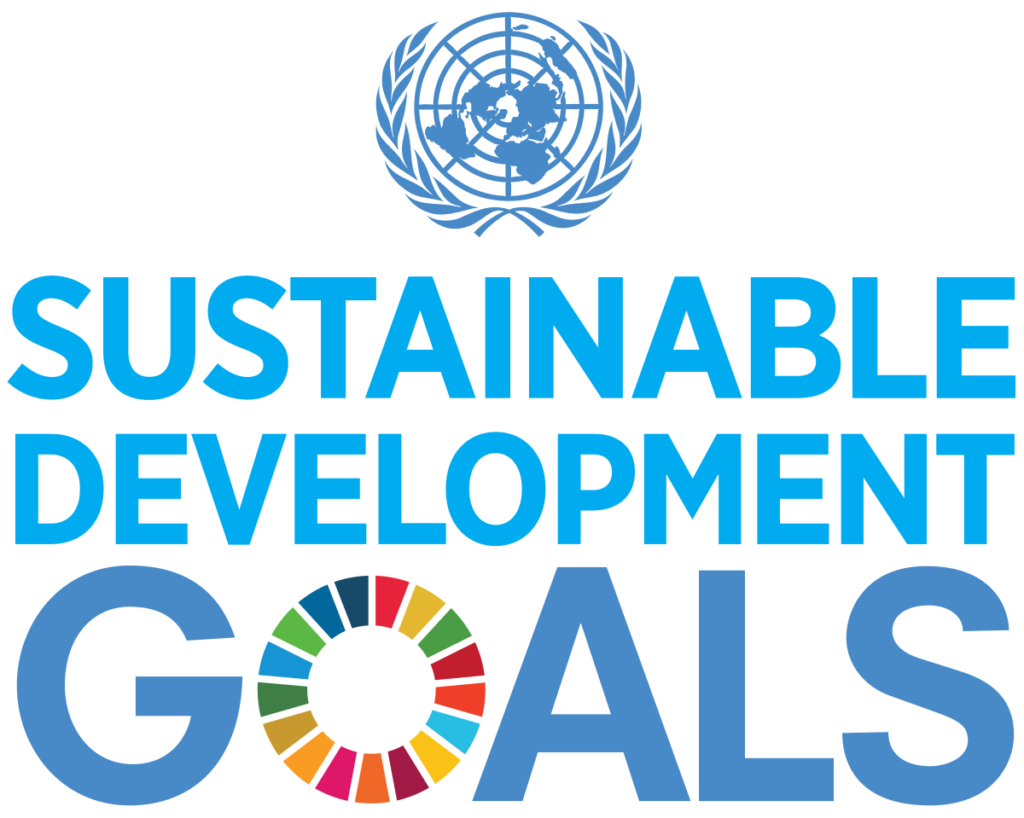SUSTAINABLE DEVELOPMENT GOALS
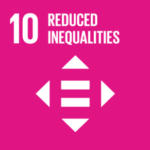
SDG 10: REDUCED INEQUALITIES
“Equality needs to underpin every aspect of sustainability if the objectives of the SDGs are to be met. Although SDG 5 Explores this through the prism of gender, SDG 10 takes a broader look at intersectionality of disadvantages. This disadvantages can be felt through all of the other key issues raised by the SDGs – disadvantaged groups are both more likely to be unable to take advantage of progress and to suffer from the effects of climate change.”
(THE Impact Rankings)
Measures Against Discrimination
IPB University has policies that guarantee open access without discrimination on ethnicity, religion, disability, and gender. IPB applies a non-discriminatory student admission policy. The admission is based on the academic performance and skill potential of the prospective student, regardless of their ethnicity, religion, disability, and gender.
- IPB implements policies through the Rector’s Decree regarding the commitment to achieve sustainable development goals, one of which IPB ensures there is no discrimination and violence based on religion, ethnicity, race, ethnicity, and gender, both in the admission of new students and in the management of human resources.
- In accepting new students, IPB applies a non-discriminatory policy. All prospective new students from various backgrounds have the right to register to continue their education at the IPB campus.
IPB University provides access to university track underrepresented groups applications, such as low-income students, women, and disabled students. To continuously support students from underrepresented (and potentially underrepresented) groups, IPB University provides scholarships (called BUD, ADIk, KIP-Kuliah, etc). BUD is a scholarship for low-income students recommended by local government or private who are expected to build their region once they graduate.

IPB has several programs to recruit students, staff, and faculty from under-represented groups. There is various scheme for new student recruitment that enable prospective students from various background to register at IPB University.
IPB accepts students from underrepresented groups through Regional Representative Scholarships sent by local governments, which can provide opportunities for all prospective new students to study at IPB.
In addition, through the Smart Indonesia Card Program (Kartu Indonesia Pintar/KIP), IPB accepted 1,290 students who came from low-income family / poor families to study at IPB.
Staff recruitment at IPB is conducted openly so anyone can participate in an open selection process.
Admissions for Permanent Lecturers at IPB University in 2022
IPB University has anti-discrimination and anti-harassment policies. As mentioned earlier, in Academic Senate Regulation no. 10/SA-IPB/P/2016 concerning Academic Norms of IPB University. Article 4 (a) emphasizes that Academic Policy in IPB must be inclusive and non-discriminatory. IPB also has Rector Regulation No. 13/I3/KM/2015 concerning the Campus Life Rules of IPB University. Article 12 (g) emphasizes that all IPB Community members are prohibited from “doing verbal violence (bullying), intended to hurt or hurt another person or group of people directly or indirectly through print or electronic media.”
IPB also takes firm action against sexual violence in the campus environment. If there are complaints of sexual violence, IPB will investigate and handle cases of sexual violence according to the rules and norms.
IPB also has a platform called IPB Help Center with several uses that can be used by all IPB students or civitas. One of the developments on the platform is a sexual violence complaint site to protect or fulfill the right to comfort in carrying out lectures.

IPB also has Rector Regulation No. 32/IT3/KM/2020 concerning the Campus Life Rules of IPB University. Article 9 (g) emphasizes that all IPB Community members are prohibited from “doing verbal violence (bullying), intended to hurt or hurt another person or group of people directly or indirectly through print or electronic media.”
IPB has a diversity and equality committee to advise on and implement policies related to diversity, equity, inclusion, and human rights on campus. IPB University aspires to be a university that values equity and diversity and seeks to embody these values in its staff, students, academic programs, and relations with the community. In particular, the University will:
- Recognize, encourage, and celebrate students from all sections of society;
- Promote an environment that fosters fairness, equity and respect for social and cultural diversity;
- Support students and staff to reach their full potential through the promotion of reasonable expectations and provision of an inclusive learning climate;
- Offer programs that aim to overcome disadvantages for student and staff equity groups; and
- Ensure that staff and students know their rights and responsibilities as members of the University community.
IPB University also established the Center for Gender and Child Studies (PKGA), a gender-responsive development research and community service institution that includes activities for empowering women and protecting children in all aspects of development in general and in particular for sustainable agriculture and rural areas.
IPB University provides counseling, mentoring, and peer support programs to support students (especially from underrepresented groups) who face various problems, such as economics, psychology, etc. Students will be accompanied by the IPB Guidance and Counselling Team.
For example, the Faculty of Forestry and Environment at IPB University provides counseling services for students, lecturers, and employees.
IPB Takes decisions through the Rector Decree by forming a Guidance and Counselling Team to be a service effort to overcome personal and group problems, especially those of a psychological nature, and provide recommendations/references for students to obtain solutions to the problems they face.
Rector Decree on Assignment of IPB Guidance and Counseling Team Personnel in 2021
IPB University has provided accessible facilities for people with disabilities in the campus area, such as free shuttle transportation services for staff and students who need wheelchairs in daily life, interpreter, and toilet for people with disabilities.
Our students also provide classes to learn “sign language” for people with disabilities.
Department of Marine Science and Technology provide Diving Course for People with Disabilities.
IPB University, through its Student Field Activities (Students Volunteering or KKN), provide support services for people with disabilities. This is part of the commitment of IPB University to support people with disabilities.
As a public university, IPB as a body provides access schemes for people with disability. IPB University provides equal access to all new students, including people with disability, in the admission process following the guidance issued by the Ministry of Research, Technology, and Higher Education.
IPB’s Business School has built a disability-friendly campus scheme to support disability-friendly higher education programs. This facility is useful for students with disabilities who want to continue their studies at the IPB Business School.
IPB University also provide accommodation supports from various parties including local/national government and private sectors that specifically target persons with disability. We also offer scholarship usually covers education funds, monthly allowances, and supporting programs for people with disability.
IPB University provides various support for students, particularly from low-income families, to enable them to complete their studies.
IPB University provide Affordable Housing for students or lecturers including people with disability.
IPB University provide office for people with disabilities, namely by following link:
SDG 10 IN NUMBER
4,211
Number of students starting 1st degree
1,861
Number of 1st generation students starting 1st degree
0.44
Proportion of first-generation students
30,044
Number of students
859
Number of students from developing countries
2.9
Percentage of students from developing countries
30,044
Number of Students
10
Number of students with disabilities
0.03
Percentage of students with disabilities
4,430
Number of employees
0
Number of employees with disability
0
Percentage of employees with disability
RELATED NEWS
It seems we can't find what you're looking for.

